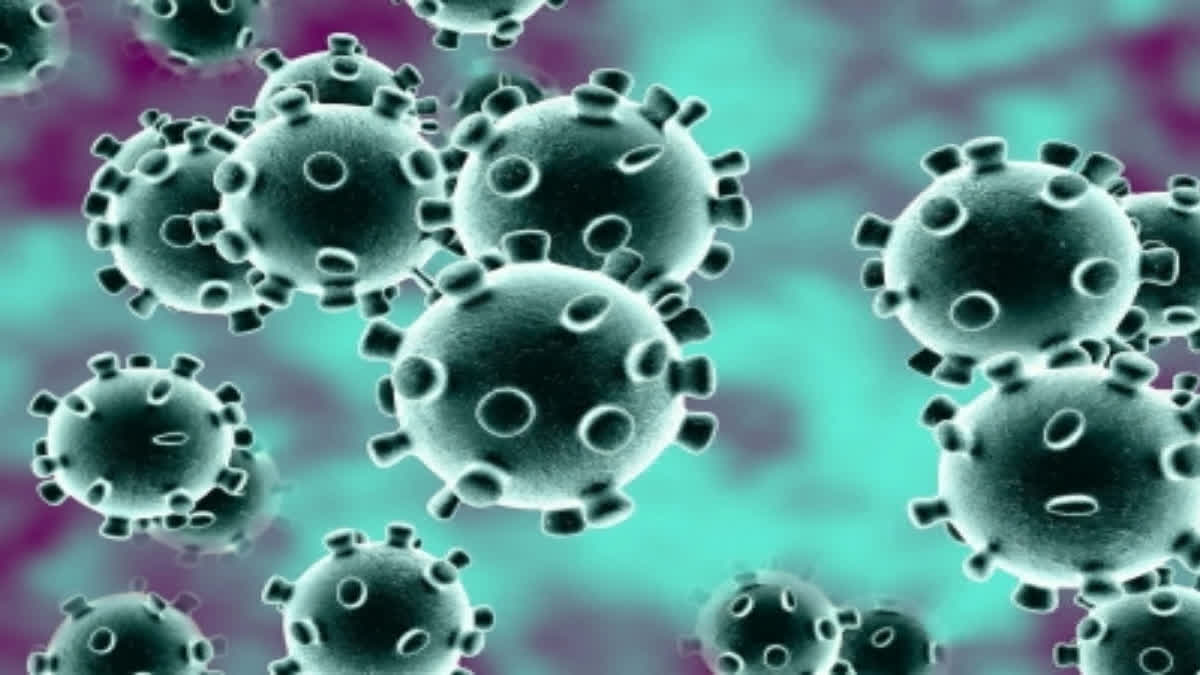New Delhi: Scientists have uncovered biological reasons behind why men are more likely to experience severe cases of COVID-19 than women, offering a promising new strategy to prevent the viral disease.
The pre-clinical research in mice, published in the journal iScience, has yet to be replicated in humans, but points to the ACE2 protein as a key contributor to differences in COVID-19 outcomes between males and females. Located on the cell's outer surface, ACE2 plays an important role in controlling blood pressure and inflammation and protecting organs from damage caused by excess inflammation.
During a SARS-CoV-2 infection, the coronavirus spike protein locks on to ACE2 to enter and infect the cell. "COVID-19 severity and mortality are much higher in males than in females, but the reasons for this remain poorly understood," said study senior author, Haibo Zhang, from the University of Toronto in Canada.
The researchers noted that the gene encoding the ACE2 protein is located on the X chromosome, which means that females have two copies of the gene and males only have one. The extra copy of the gene for ACE2 does not appear to make a difference in healthy people as the researchers found similar levels of ACE2 protein in healthy males and females.
However, following a SARS-CoV-2 infection, they observed a dramatic decrease in ACE2 in males while levels remained consistent in females. The finding suggests that the additional copy of the ACE2 gene on the X chromosome is helping to compensate and maintain high protein levels in females.
Also read: Study finds eating disorders increased during pandemic among adolescents
The changes in ACE2 levels were also correlated with a drop in estrogen hormone signaling in males, which could also contribute to the sex-specific differences in COVID-19 outcomes, according to the researchers.
To test whether low levels of ACE2 were responsible for the more severe outcomes seen in males with COVID-19, the researchers devised a therapeutic approach using an inhaler to deliver lab-made ACE2 proteins directly into the lungs.
Males who received a daily puff of ACE2 after SARS-CoV-2 infection had less virus in their lungs, less lung injury and higher levels of estrogen signaling, they said.
Together, these results paint a clearer picture of how the extra copy of the ACE2 gene and higher estrogen levels in females work together to protect them from experiencing more severe COVID-19.
"A common misconception is that an increased presence of ACE2 receptors would result in a higher infection rate," said Zhang. "However, the enhanced activation of ACE2 in females actually serves as a compensatory mechanism during infection that's aimed at safeguarding the lungs and other vital organs from potential damage," the researcher added.
Also read: MMR vaccine could be enhanced to confer immunity against Covid too; Animal studies suggest



